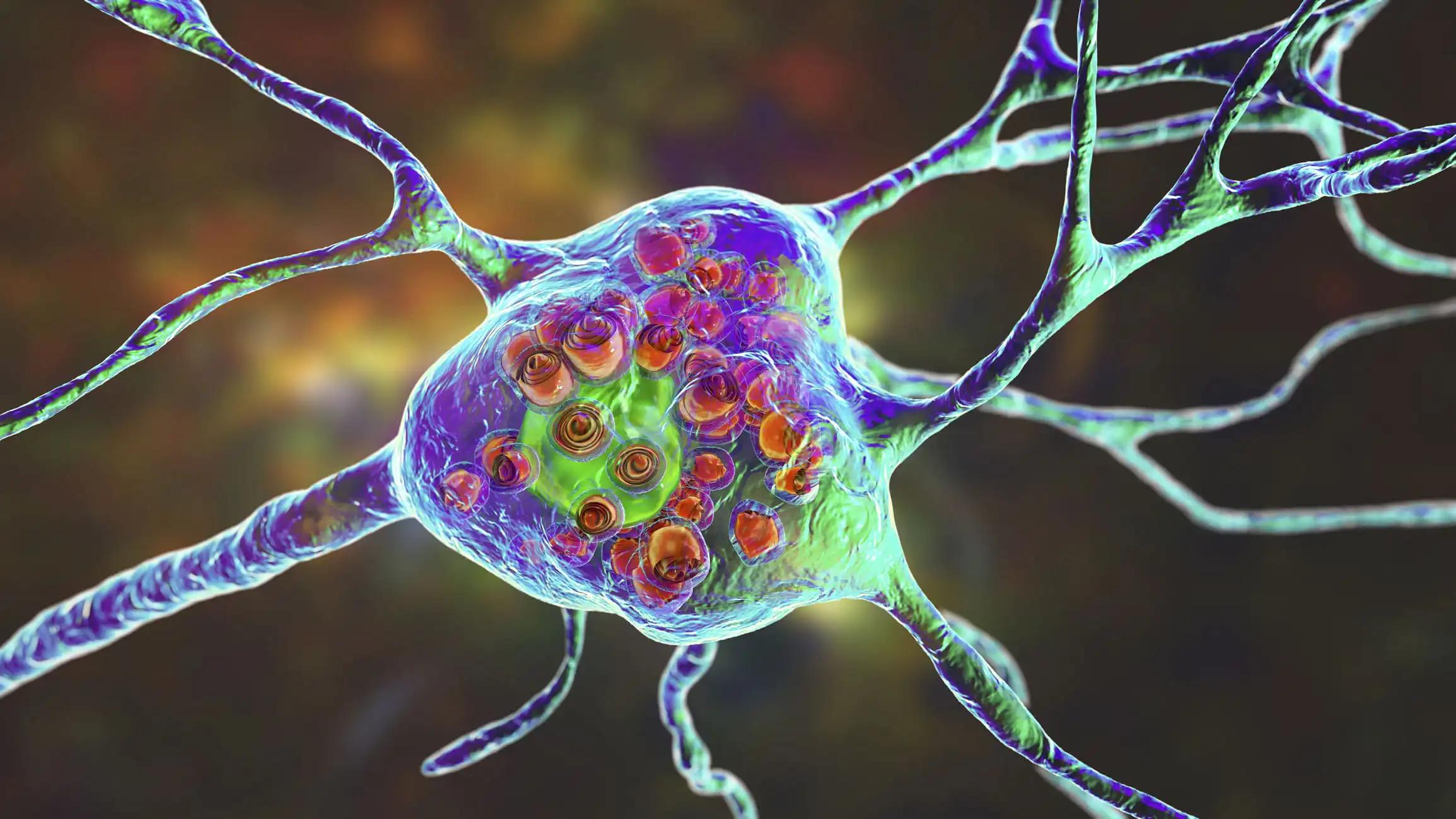KEY TAKEAWAYS
- The study aimed to develop pre-surgery models predicting HGG patient functional outcomes, enhancing disease management.
- The results revealed machine learning’s accuracy in predicting postoperative functional outcomes for patients with HGG.
Brain cancer, particularly high-grade glioma (HGG), ranks among the most prevalent and fatal malignant tumors of the central nervous system. Standard care involves surgically removing the tumor, often resulting in cognitive and functional impairments.
Patrick H. Luckett and the team aimed to create predictive models for functional outcomes in HGG patients pre-surgery, enhancing disease management and patient care.
Adult patients diagnosed with HGG (N = 102) were retrospectively recruited from the neurosurgery brain tumor service at Washington University Medical Center. Prior to surgery, all patients underwent structural neuroimaging and resting-state functional MRI.
Demographic information, measures of resting-state network connectivity (FC), tumor location, and tumor volume were utilized to train a random forest classifier. The classifier aimed to predict functional outcomes based on Karnofsky Performance Status (KPS < 70 or KPS ≥ 70).
The results revealed that the models attained a nested cross-validation accuracy of 94.1% and an AUC of 0.97 in the classification of KPS. The model identified several strong predictors, including FC among somatomotor, visual, auditory, and reward networks. Additionally, tumor location in relation to dorsal attention, cingulo-opercular, and basal ganglia networks emerged as robust predictors of KPS. Age also proved to be a significant predictor, while tumor volume exhibited only moderate predictive ability.
The study concluded that machine learning effectively classifies postoperative functional outcomes in patients with HGG prior to surgery. Findings indicated that both FC and tumor location relative to specific networks can serve as dependable predictors of functional outcomes. This suggested the potential for personalized therapeutic strategies tailored to individual patients.
Funding was provided by the National Cancer Institute, National Institute of Neurological Disorders and Stroke, National Institute of Biomedical Imaging and Bioengineering, and Washington University Yearlong Research Program Dean’s Fellowship.
Source: https://link.springer.com/article/10.1007/s11060-024-04715-1
Luckett, P.H., Olufawo, M.O., Park, K.Y., et al. (2024). “Predicting post-surgical functional status in high-grade glioma with resting state fMRI and machine learning.” J Neurooncol (2024). https://doi.org/10.1007/s11060-024-04715-1



